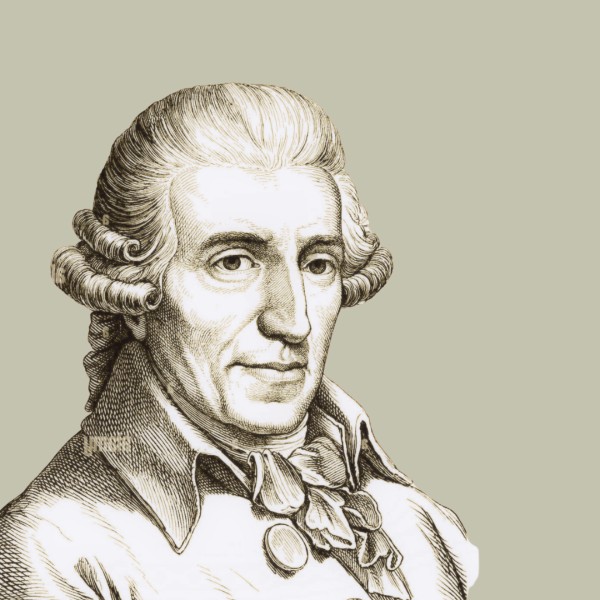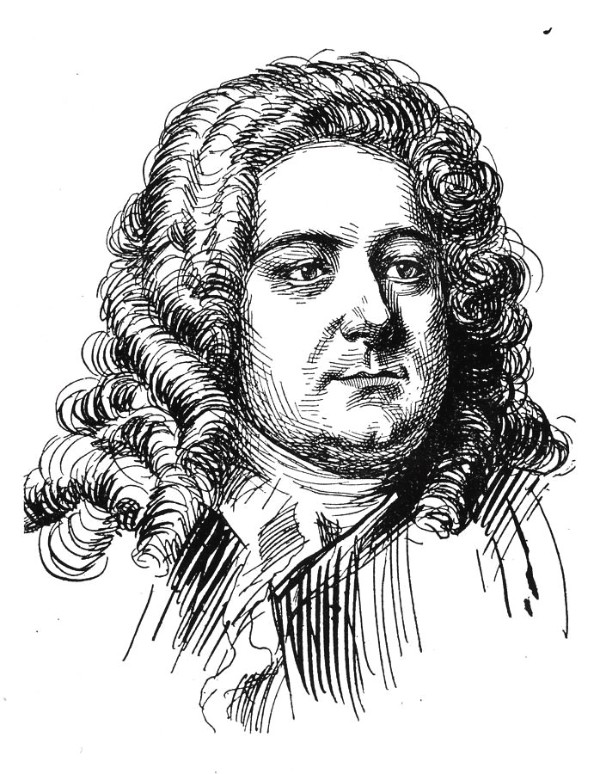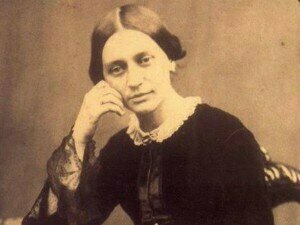
Clara Schumann © s3.amazonaws.com
Clara Schumann (then Clara Wieck, 1819-1896) began her Piano Concerto in A minor at the age of 13 and premièred it three years later at the Leipzig Gewandhaus under the direction of Felix Mendelssohn. Even at a young age, Clara was already establishing herself as a world-class concert pianist. Her Concerto shows much invention and innovation with significant consistency throughout, and indicates the type of virtuoso pianist Clara was (octave scale passages, for example). The lyrical second movement, a Romanze, in which the piano and cello engage in an operatic duet, is particularly lovely. Clara received some advice on orchestration from one of her father’s students, one Robert Schumann, with whom she was to fall passionately in love and eventually marry.
Clara Schumann: Piano Concerto in A Minor, Op. 7
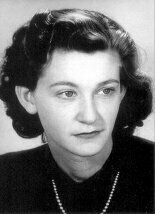
Doreen Carwithen © www.goodmusicpublishing.co.uk
Amy Beach: Piano Concerto in C-Sharp Minor, Op. 45
Until fairly recently, Doreen Carwithen (1922-2003) was known primarily as the wife of composer William Alwyn, but today she is recognized as a composer in her own right. Her Concerto for Piano and Strings (1948) is an inventive and idiosyncratic work, with strong virtuoso piano writing and highly textured strings, and is deservedly now heard more frequently in concert and on recordings.
Doreen Carwithen: Piano Concerto
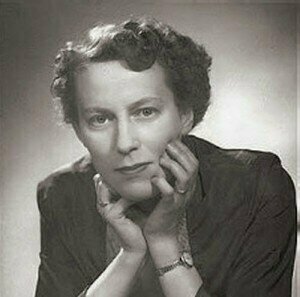
Ruth Gipps © 4.bp.blogspot.com
Peggy Glanville-Hicks: Etruscan Concerto
Other piano concertos by women composers to investigate:
Grazyna Bacewicz: Piano Concerto (1949)
Grace Williams: Sinfonia Concertante (1941)
Ruth Gipps: Piano Concerto in G minor (1948)
Germaine Tailleferre: Concerto for 2 pianos, chorus, 4 sax & orchestra
Alma Deutscher: Piano Concerto in E flat (2017)
A concerto in all but name…
While some works may not be published with the designation “piano concerto”, they bear all the hallmarks of the genre – works for orchestra with piano soloist. The most famous and regularly performed of these are Rachmaninov’s Rhapsody on a Theme of Paganini, Manuel De Falla’s Nights in the Gardens of Spain for Piano and Orchestra, and Gershwin’s Rhapsody in Blue.
Rachmaninov: Piano Concerto No. 2 in C Minor, Op. 18
Falla: Nights in the Gardens of Spain
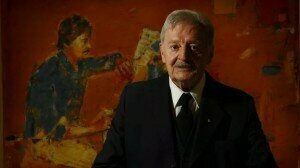
Peter Sculthorpe © static.ffx.io
Beethoven: Fantasia in C Minor, Op. 80, “Choral Fantasy”
Liszt: Totentanz, S126/R457
Britten: Diversions, Op. 21
Franck: Symphonic Variations, M. 46
Fauré: Ballade for Piano & Orchestra
Szymanowski: Symphony No. 4, Op. 60, “Symphonie Concertante”
R. Strauss: Burleske in D Minor, TrV 145
Weber: Konzertstück
Hindemith: Klaviermusik mit Orchester, Op. 29
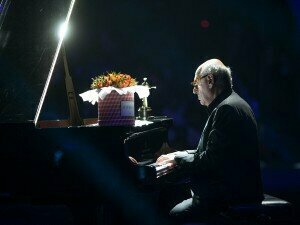
Michael Nyman © oiff.com.ua
It’s a mark of the enduring appeal of the concerto – for performers and audiences – that composers today continue to utilize the form to create new concertos. One of the most recent is by the British composer Cheryl Frances-Hoad, whose new piano concerto was premiered by Ivana Gavrić in London in June 2018, and the last year has seen premieres of new concertos by Philip Glass, Sally Beamish and Julian Anderson, suggesting the form is very much alive and well. It is interesting to note that many contemporary composers writing in this genre choose to retain the classical structure of three or four movements. However, a number of composers have chosen to turn the concerto form on its head: in their piano concertos, Morton Feldman and John Cage relegate the soloist to just another player in the orchestra!
The following is just a tiny selection from a genre that continues to be augmented by contemporary composers. These works are tonal and generally structurally close to the classical concerto form, except for Gavin Bryars’ Piano Concerto which is scored in a single movement.
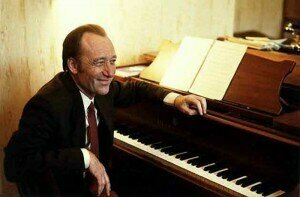
Rodion Shchedrin © inmozartsfootsteps.com
Gavin Bryars: Piano Concerto, “The Solway Canal”
Michael Nyman: Piano Concerto
Einojuhani Rautavaara: Piano Concerto No. 3, “Gift of Dreams”
John Adams: Piano Concerto “Century Rolls”

